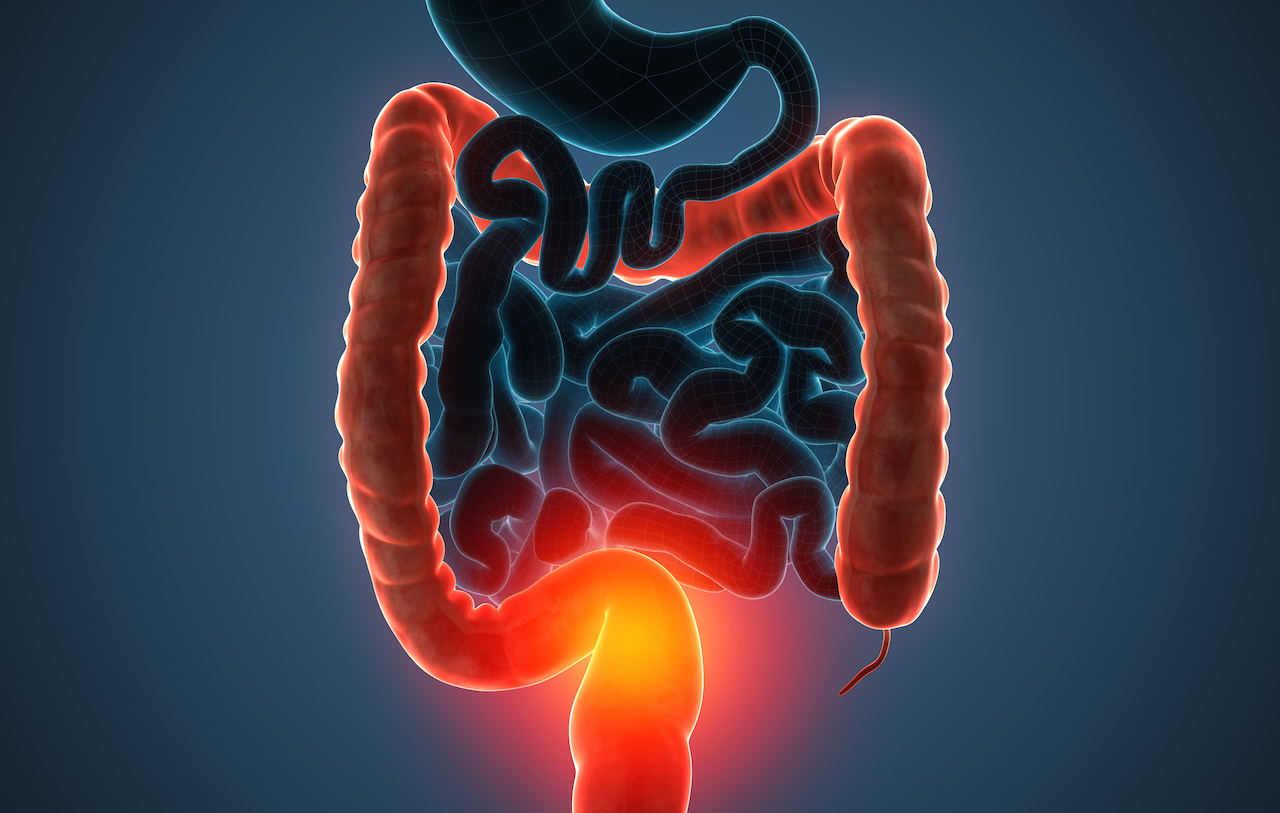Cancer truly is “the great equalizer” and it affects people of all ages, races, and socio-economic backgrounds. Cancer colon is no exception, and because it doesn’t usually have symptoms until it’s at a late stage it’s considered to be one of the most dangerous cancers a person can get.
Colon cancer develops over a long period of time, and it can’t be detected unless a person goes for regular colonoscopies. So, if you have a family history of this type of cancer, or your lifestyle contributes to the development of it, then it’s very important that you speak to your doctor about getting regular tests for it.
All cancers are caused when the cells mutate or divide too quickly, and then clump together to form a tumour. In the colon, when cells in the inner lining of the bowels clump together, they can form polyps, although these don’t necessarily develop into colon cancer.
We sat down with Hello Doctor’s Dr. Albert and spoke to him about what increases a person’s risk of developing colon cancer. He reminded us that as with most cancers, doctors don’t know exactly what causes colon cancer, but it’s thought that a number of high risk factors contribute to it, namely:
1. Genetics
Genetics is perhaps the number one contributing risk factor for the development of colon cancer, and it’s estimated that around 20% of people who are diagnosed with colon cancer have immediate family members or secondary (cousins, aunts, uncles) family member who have or had colon cancer. So, even if you haven’t been diagnosed with this type of cancer, if you have a history of it in your family then it’s very important that you go for regular screenings. The earlier colon cancer is diagnosed and treated, the better. It’s also important to remember that negative diet and lifestyle factors also increase your risk of developing colon cancer, so if you are at risk there are a number of steps you can take to help reduce your risk.
2. Certain health conditions
Digestive disorders such as Crohn’s Disease and Ulcerative Colitis increase your risk of developing colon cancer. Although both of these diseases are incurable, there are numerous treatments available to help control symptoms.
3. Diet and lifestyle
The link between diet and lifestyle related diseases has been recognised for some time, and although doctors aren’t exactly certain which foods influence the risk of cancer, they have found carcinogens in charred meat (meat that’s been burned). A carcinogen is any substance that’s directly involved in causing cancer, so for this reason we strongly recommend that you reduce the amount of meat you eat, especially red meat. To help maintain a healthy colon and digestive system, stick to a diet that’s high in fibre and low in saturated fats, as this can help lower your risk of developing colon cancer.
4. Smoking
Smoking isn’t just a risk factor for colon cancer, it’s a major risk factor for all types of cancers and diseases. Whether you’re a chain smoker or “just a social smoker”, the sooner you can kick your smoking habit the better. Smokers have a 25% higher risk of developing cancer than non-smokers!
5. Being overweight
Obesity is also a risk factor for colon cancer, and obese men are 50% more likely to develop colon cancer, compared to men who have a healthy BMI (body mass index.) Overweight women are also at risk, however they have a slightly lower risk than men. A (read: inactive!) sedentary lifestyle is also linked to an increased risk of colon cancer, but the good news is you don’t have to become a fanatical gym bunny to reduce your risk. All it takes is 30 minutes of exercise a day to improve your overall health. Walking, running, swimming, cycling – they’re all great options!
If you’re looking for more information, or have a specific question about colon cancer, then remember you can talk to one of our doctors right now. Simply download the FREE Hello Doctor mobile app, and register for our services.
Our doctors are available 24/7, 365 days a year!



